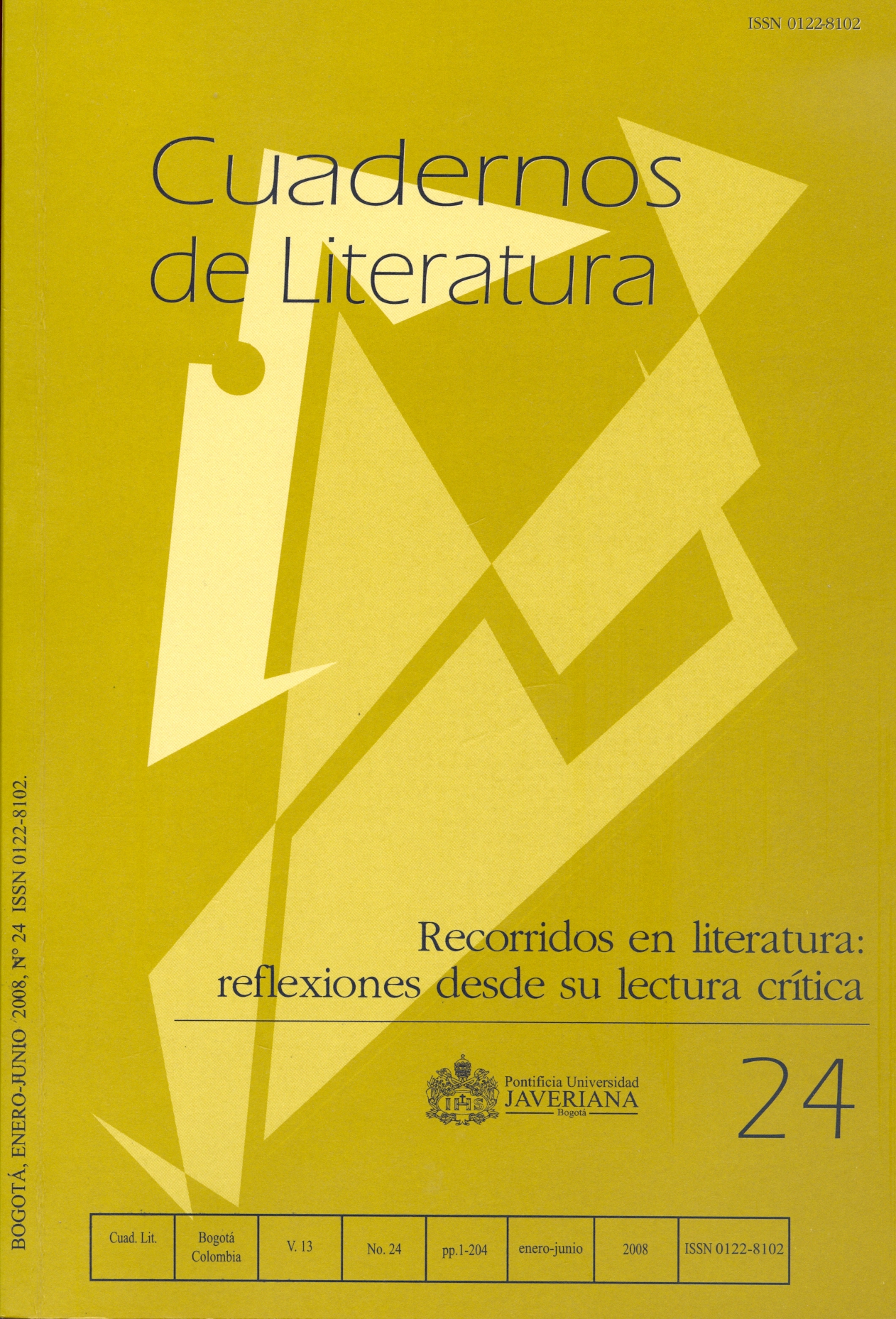Abstract
Sin duda, la comunidad imaginada de nación en República Dominicana fue una respuesta a la amenaza de disolución de la autonomía nacional en manos del capitalismo extranjero, en un ambiente marcado por la traumàtica experiencia de la modernización introducida por las élites. Frente a la pregunta identitaria, la poesía de Manuel del Cabral responde con la proyección de una figura caudillesca, de un héroe criollo revolucionario, Compadre Mon, en el cual se resumen las virtudes tradicionales del campesino dominicano, con la inclusión del elemento africano y desde una visión integradora pero eclipsada por la distancia: los negros son los otros: los haitianos y los cocolos. La poesía de Franklin Mieses Burgos, en cambio, expresa la antillanía desde dentro, legible en la autoafirmación del homo caribbeans en su complejidad histórica, en la cual la "doble conciencia" aporta un esacio de alienación colonial resuelto aquí por la aceptación explícita de un legado paradójico y la invitación gozosa a continuar la vida.Cuadernos de Literatura is registered under a Creative Commons Attribution 4.0 International Public License. Thus, this work may be reproduced, distributed, and publicly shared in digital format, as long as the names of the authors and Pontificia Universidad Javeriana are acknowledged. Others are allowed to quote, adapt, transform, auto-archive, republish, and create based on this material, for any purpose (even commercial ones), provided the authorship is duly acknowledged, a link to the original work is provided, and it is specified if changes have been made. Pontificia Universidad Javeriana does not hold the rights of published works and the authors are solely responsible for the contents of their works; they keep the moral, intellectual, privacy, and publicity rights.
Approving the intervention of the work (review, copy-editing, translation, layout) and the following outreach, are granted through an use license and not through an assignment of rights. This means the journal and Pontificia Universidad Javeriana cannot be held responsible for any ethical malpractice by the authors. As a consequence of the protection granted by the use license, the journal is not required to publish recantations or modify information already published, unless the errata stems from the editorial management process. Publishing contents in this journal does not generate royalties for contributors.


